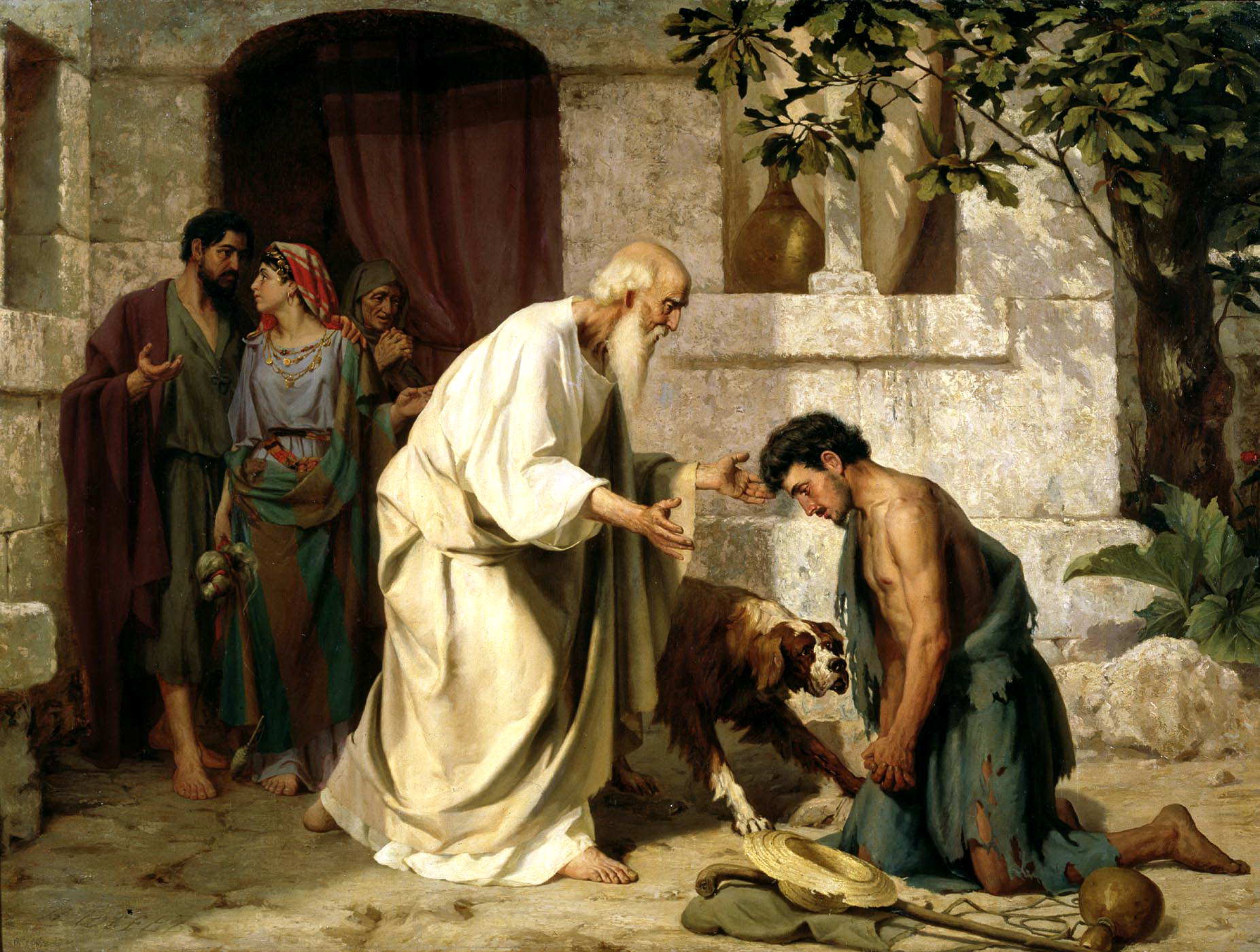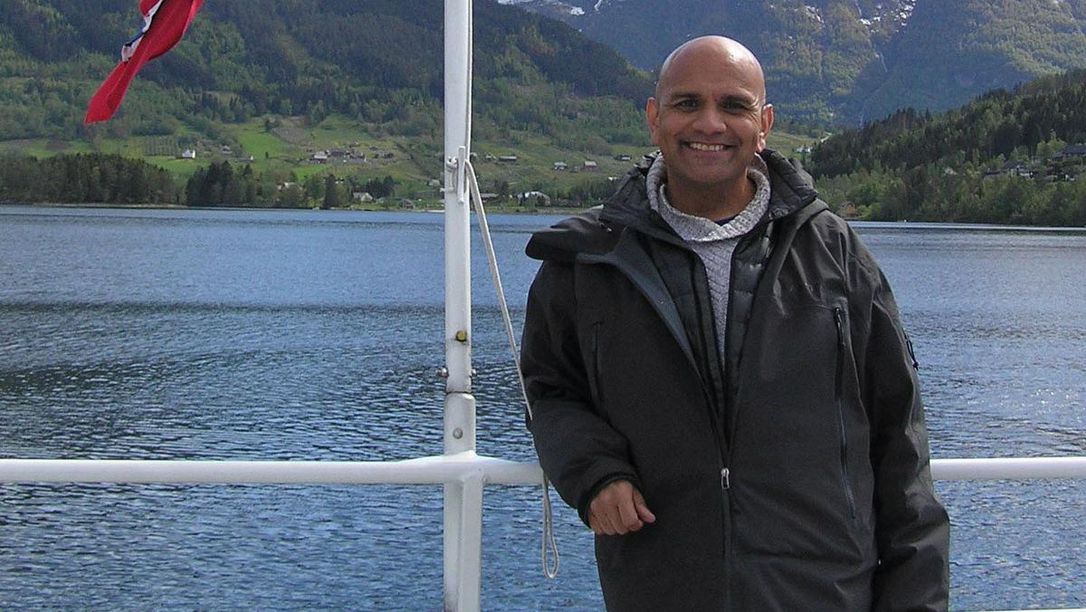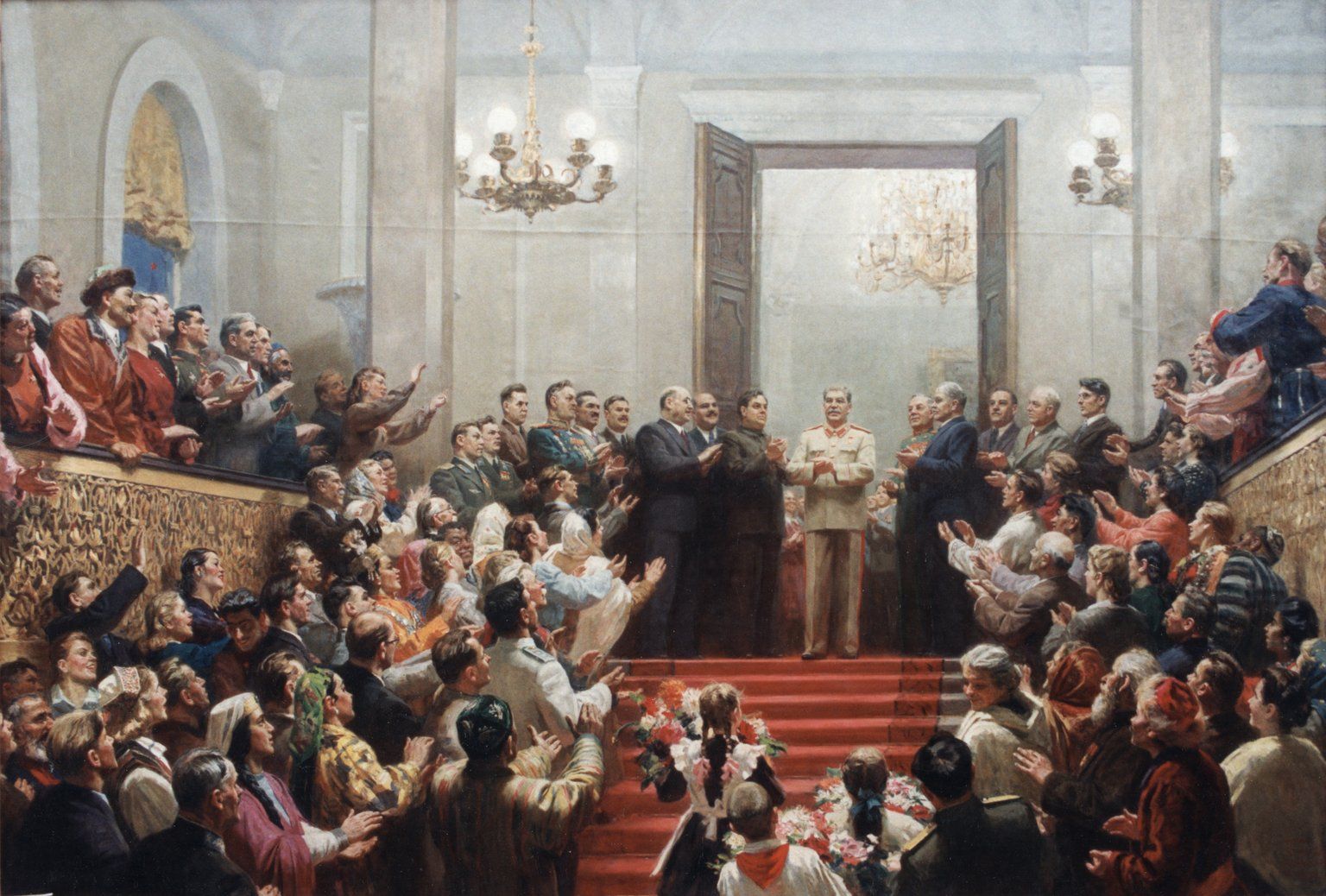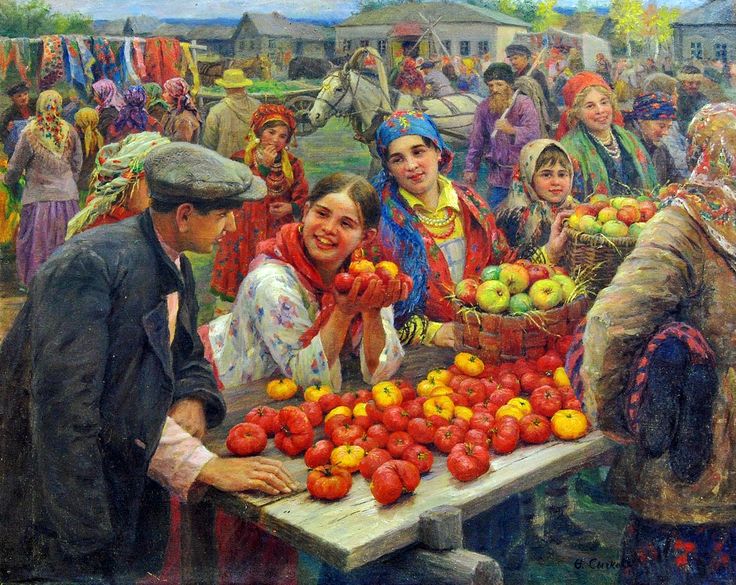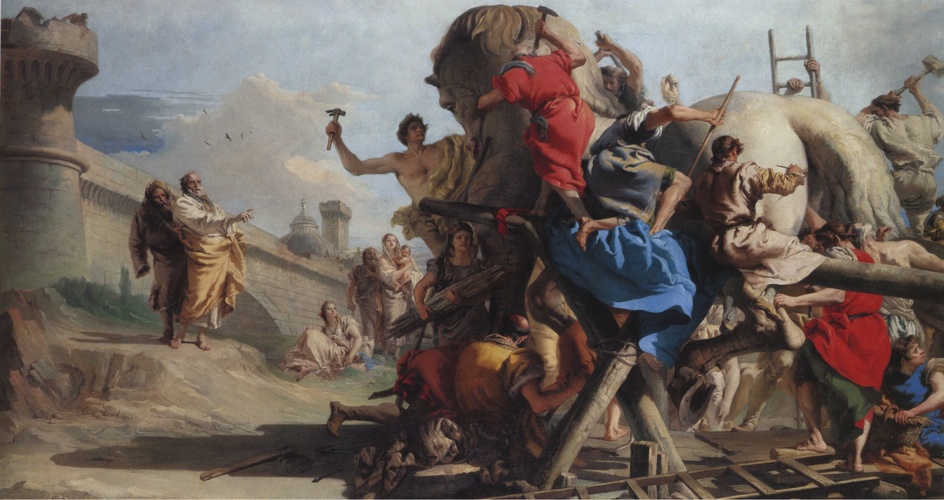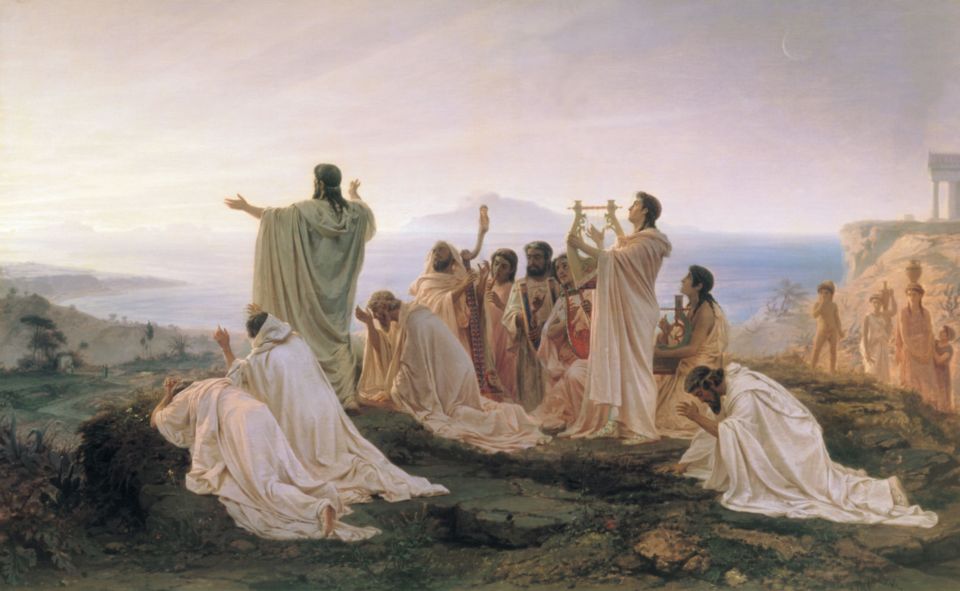He hath forsaken his covert as the lion,
for the land is laid waste because of the wrath of the dove,
and because of the fierce anger of the Lord.
(Jeremiah 25:38)
What does it mean to be tolerant? What makes tolerance virtuous? Indifference? Not caring about what others think? Jaded apathy to the world? Of course, not.
True tolerance is not passive heartlessness; it is the patient suffering of wrongs for the sake of justice. What is the key difference between callous indifference and the virtue of tolerance? Tolerance requires a code of ethics; the knowledge of right and wrong. Indifference knows neither good nor evil.
For example, if I am indifferent to violence, then I don’t care about the abuse of those around me. I don’t desire to change their behavior (Why would I try change the world if I didn’t care about it, and I felt it couldn’t affect me?).
Perhaps I don’t care about the violence around me because I don’t know of its existence. Or, I don’t know because I just don’t care. Afterall, isn’t apathy the greatest ally of ignorance? The two deserve each other.
But where are the tolerant? Where do they stand in the face of violence?
Those who truly tolerate violence are not passively indifferent to its horror. They’ve lost the right to be blissfully ignorant; they’ve made the fall. They, more than anyone else, know the sins of the world. Why? Because they suffer through them every day. True tolerance – like love – is suffering.
The original meaning of the word, “suffer” was “to permit,” “to allow,” or “let” (as in those famous words of Christ, “Suffer little children to come unto me,” in the King James translation of this passage from Luke 18:16. This original meaning was replaced in the seventeenth-century by the current understanding of “suffering” – to undergo pain or cruelty.
Blind eyes and deaf ears are the broken satellites of the wicked heart; but the tolerant cannot look away.
But what good is there in just looking on? Doing nothing is exhausting after all. What are they tolerant waiting for? Justice? Reason? Love? God? All of these are just another word for salvation I suppose, but who’s being saved?
Maybe the tolerant suffer for the sake of something greater than themselves. In the Crito, Socrates suffered the injustice of his trial – not because he was indifferent to injustice – but because he believed his suffering was a small price for the preservation of a just and law-abiding society.
It’s quite possible that the tolerant seek to be saved. But from who? Why themselves of course! Is there a greater enemy? As Nietzsche warned “fight not with monsters lest ye become a monster; for if one gazes into the abyss, the abyss gazes back into you.”
But let us stop to consider the possibility that the truly tolerant suffer for the sake of those who trouble them. Parents, teachers, and lovers are too familiar with patently suffering for the sake of others in the hopes that they’ll change.
It’s important to say that you don’t tolerate the entirety of the one you love, rather you tolerate the sins of the one you love. Could you imagine if a husband asked his wife “Do you love me?” and the wife responded “Well… I tolerate every part of your totality and suffer through your very presence.” That’s not love – that’s a stockade.
Someone who loves you doesn’t tolerate you so much as they tolerate your defects – because hopefully there’s more to you than that.
But those who love others do tolerate the unsavory aspects of their nature, and that requires strength, patience, kindness, and the ability to look beyond the ugliness of the immediate. True beauty is found by tolerating skin-deep faults and seeing the transcendent aesthetics hidden in all things.
Why do we tolerate the ones we love? Because it gives the other a chance to be reconciled; it is the path of forgiveness. Tolerance gives the unreasonable the chance to see reason; the hateful a chance to love by being loved.
When we are intolerant of the trespasses of others, we cast the abysmal around us into further darkness. But when we show tolerance through the open arms of hospitality or in the guidance of a helping hand, then we offer the stability that the other so desperately lacks.
But is tolerance practical? Why not force people to cut off their offense’s cold turkey? I tell you now that nothing is more impractical than a firm belief in the draconian.
The word, draconian, comes from the story of the Athenian lawgiver Dracon, a ruler who assigned the death penalty as a punishment for most of the minor offenses committed by the citizenry. Plutarch writes how “Dracon himself, when asked why he had fixed the punishment of death for most offences, answered that he considered these lesser crimes to deserve it, and he had no greater punishment for more important ones.”
The idea that one can remedy the offenses of a society through intolerance is not a novel idea. Did it work? What became of Dracon? He was exiled and his laws were immediately repealed!
What renders the draconian state a useless enterprise? That fact that the state does not, should not, and more importantly cannot control everything that happens among the citizenry. Most of the economic, political, social, intellectual, and cultural decision-making has always existed in the hands of the citizenry. The unwritten laws and social norms of the people has always outnumbered and outweighed the written laws of the state in both power and magnitude.
Thus, when someone uses hard-power to force reformation instead of tolerating the growing pains connected with the mobilization of soft-power and liberality, the result is most always tyranny.
History shows time and time again that “getting tough on crime” is nothing more than a myth for fake news to print and saber-rattling demagogues to howl.
Want to end homelessness? Then show tolerance by sharing what you have, not hunting those who have nothing.
Want to end drug addiction? Then show tolerance by providing users with needles and clean doses.
Want to end alcoholism? Show tolerance by providing a space where people can get a drink and talk about their addiction.
Want to end hate speech? Then tolerate it through free speech because you’ll never end racism, homophobia, and sexism through coerced speech, or speech that must conform. We’ve tried it before, and it never works.
Want to end barbarism? Show tolerance through civility.
Want to end intolerance and hate? Show tolerance and love even if it kills you.
As the Christian apologist Tertullian writes, “That’s why you can’t just exterminate us; the more you kill the more we are. The blood of the martyrs is the seed of the church. Your praise those who endured pain and death – so long as they aren’t Christians! Your cruelties merely prove our innocence of the crimes you charge against us … And you frustrate your purpose. Because those who see us die wonder why we do, for we die like men you revere, not like slaves or criminals. And as they find out, they join us.”
Tolerance is the heart that beats on in a world of heartless indifference.
